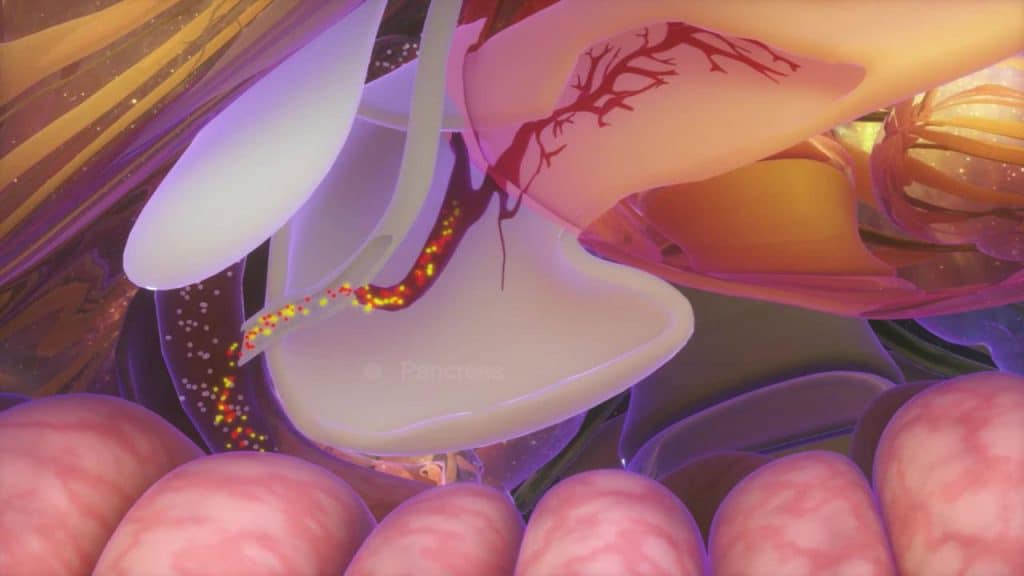We think of blood sugar problems as being something that belongs exclusively to diabetics. However, that’s not true, and if you don’t know about the various conditions and medications that can cause changes in your blood sugar, you may not be able to spot when something is wrong. One possible cause is an insulinoma.
An insulinoma is a type of tumor found in the pancreas. As you probably know, it’s the pancreas that produces the insulin used in blood sugar regulation. Insulinomas are actually made from the same type of beta cells that synthesize insulin. In fact, insulinomas can produce insulin themselves.
You might think that doesn’t sound too bad. After all, we need insulin to survive. The problem is the pancreas doesn’t just release insulin willy-nilly. It responds to the glucose levels it detects in the blood. When your glucose is up, your insulin rises in response until your blood glucose lowers back to normal levels again. Insulinomas don’t respond to your blood glucose. They’ll release insulin whether you need it or not.
That means your blood sugar may end up falling and continuing to fall, well past the healthy level. You could start experiencing symptoms of hypoglycemia, like headaches, tiredness, confusion and blurred vision. More severe cases of hypoglycemia can cause seizures and loss of consciousness and may even be fatal.
Hypoglycemia is diagnosed when the symptoms of hypoglycemia are combined with a measurable low blood sugar level and the resolution of symptoms after treatment to return glucose to normal. This is just one stage of diagnosing an insulinoma, which requires you to measure your glucose, insulin and c-peptide levels, sometimes after fasting. Imaging techniques such as an ultrasound or CT scan may also be used.
The primary treatment for an insulinoma is surgery to remove the tumor, which may sometimes involve removing part of your pancreas. This has some long-term implications, including potentially leading you to develop diabetes in the future. In cases where surgery is not possible, there are medications that can suppress insulin release by the insulinoma and/or reduce the size of the insulinoma.
Insulinomas are pretty rare, and most of the time they stay in the pancreas; the risk of them spreading to other parts of the body is low. The consequences can be serious, though, so it’s good to know they can be treated pretty effectively in most cases.




